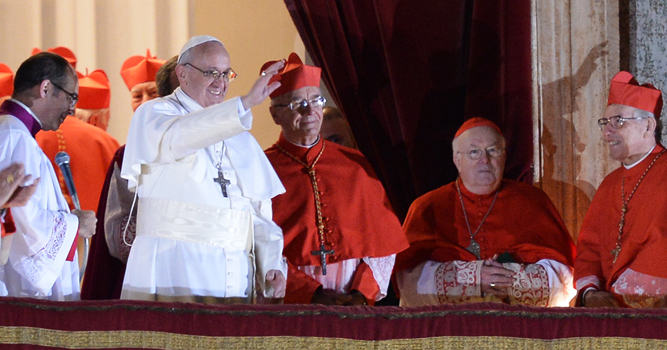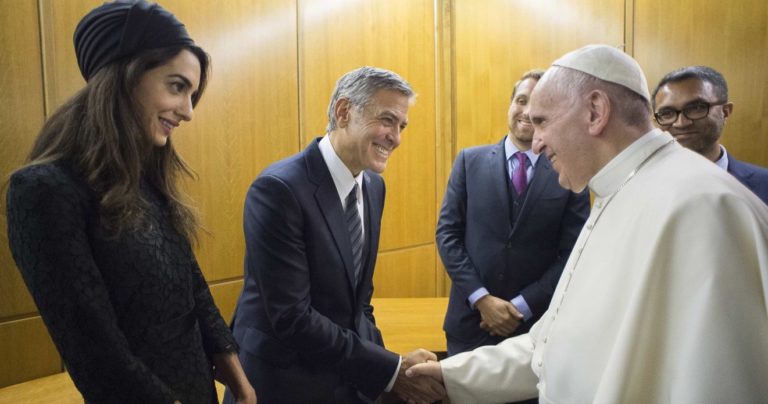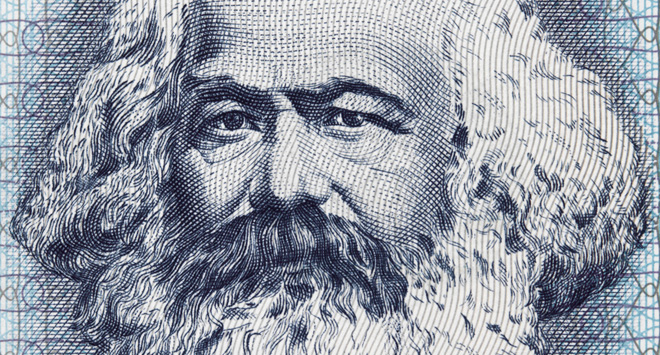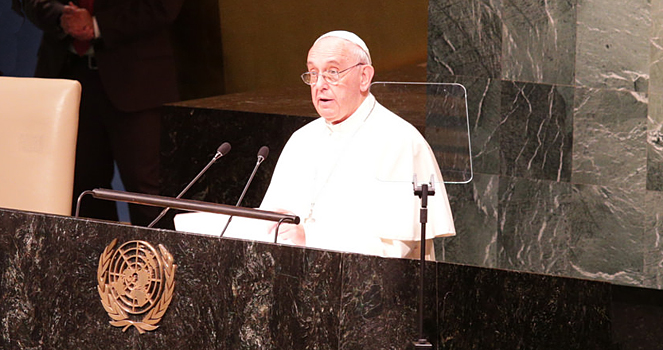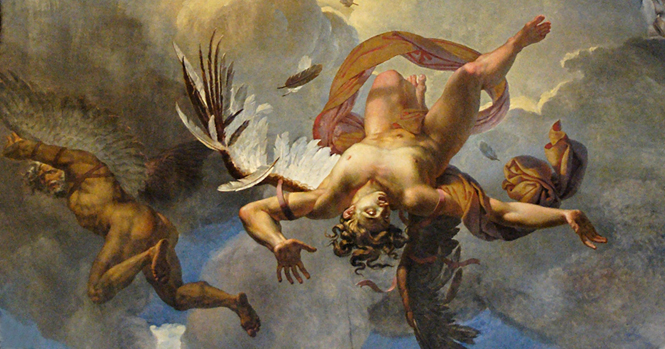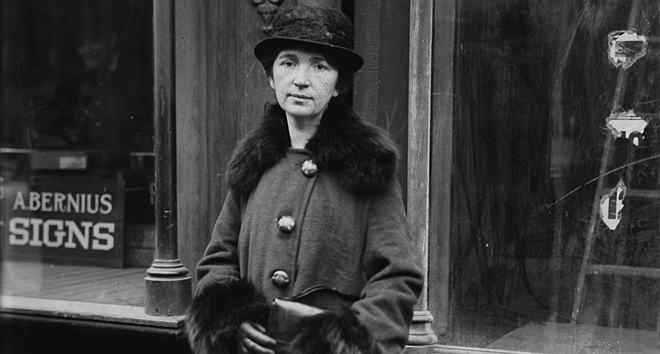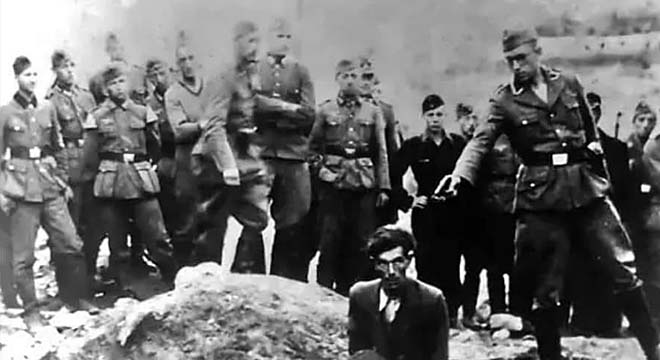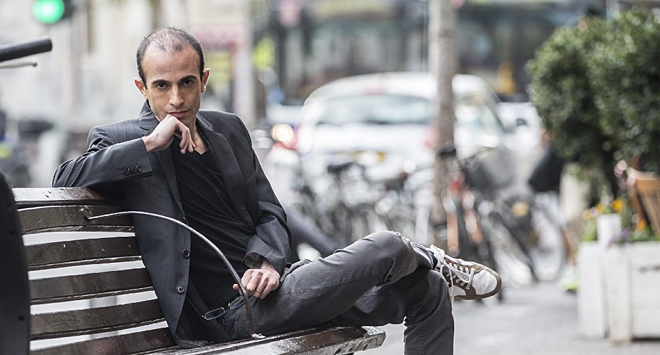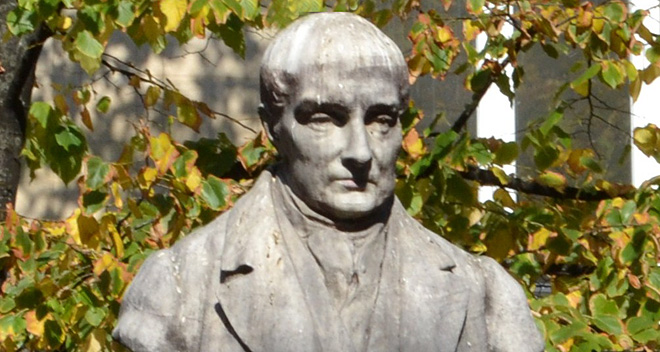Infiltration: Real or Imagined?
Has the Catholic Church been infiltrated by anti-Catholic forces intent on its destruction? This is the thesis of Taylor Marshall’s new book, Infiltration: The Plot to Destroy the Church from Within. The book has already generated a lot of controversy, with one critic accusing the author of “McCarthyism” and “wild assertions.” Marshall’s main assertion is … Read more
